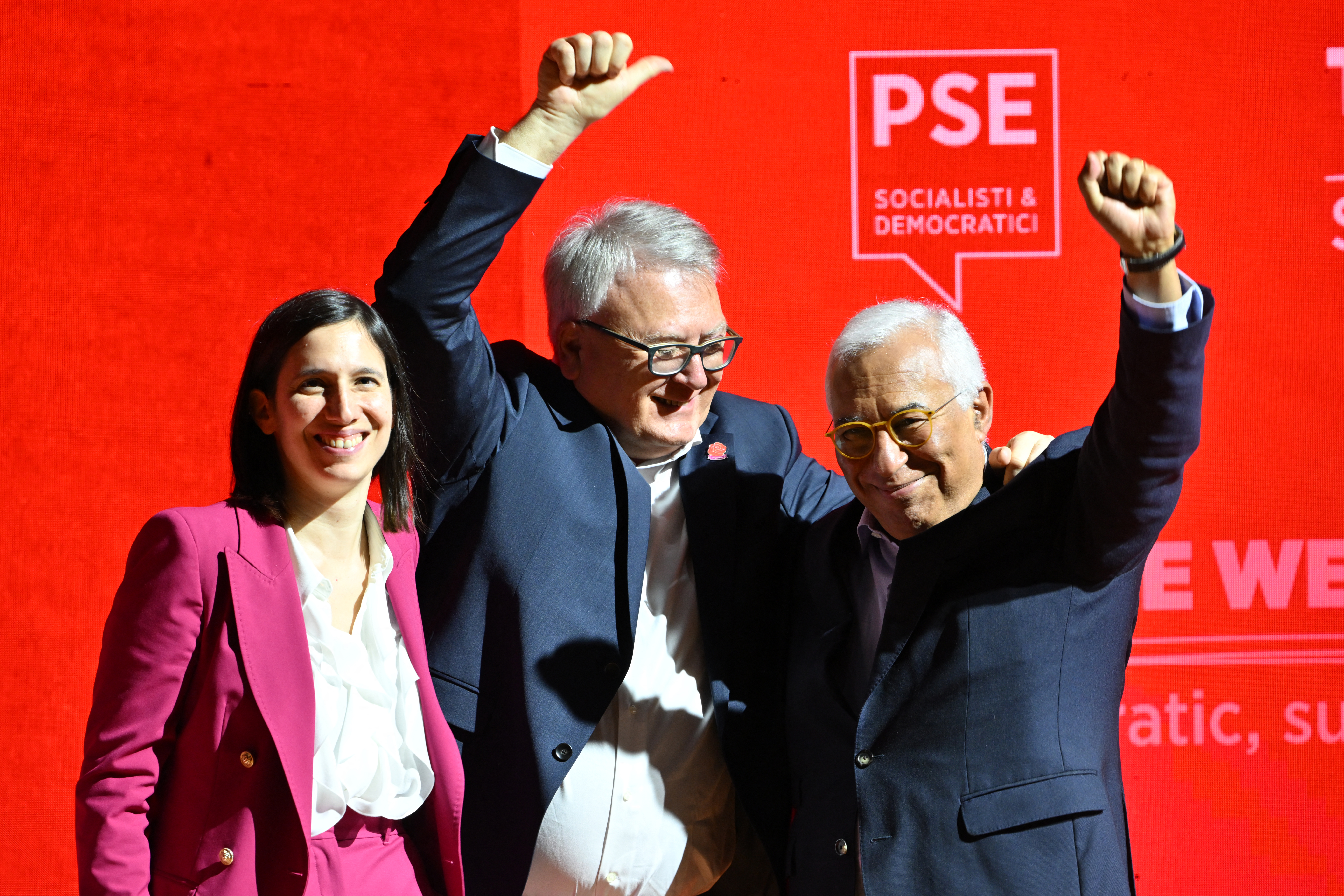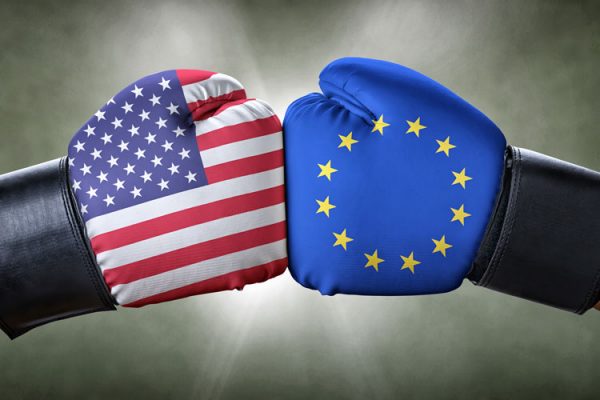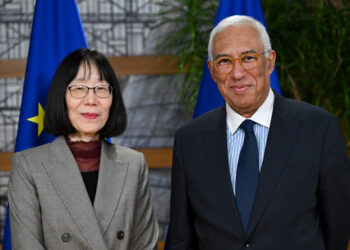Brussels – As long as the unanimity rule is in force in the EU, “it will be enough for Trump and Musk to find an ally, a Trojan horse to block the necessary advances.” The secretary of the Democratic Party, Elly Schlein, launches an appeal to European institutions and member states: either we invest in greater integration, “or we will be erased.”
In Brussels for a meeting of the European Socialist Party, the Italian opposition leader also has a message for Giorgia Meloni, Donald Trump‘s privileged interlocutor in these early stages of the new US administration: “There is a fine line between being the first in the class, with the friendliest relationship, and being functional in a plan to break up the EU.” Schlein urges caution: “If you want to do the best for Italy’s interest, now more than ever, you have to focus on European unity, on overcoming unanimity, and on a major joint investment plan,” she suggested. That must “must come before Trump’s tariffs.”
The debate over the reform of the Treaties — which require the Council of the European Union to take decisions involving, for example, foreign affairs and budgets unanimously — is hardly new. It has been evident in the multiple crises of recent years: from some countries’ strenuous opposition to common financial instruments during the pandemic and energy crisis to Hungarian Prime Minister Viktor Orbán’s continuous vetoes of support for Ukraine, Vladimir Putin’s “Trojan horse” capable of holding the other 26 member countries in check. However, judging from the aggressiveness with which Trump has taken office in the White House, threats are also coming now from the other side of the Atlantic — from the European Union’s historically closest ally.

That is why “as concern grows” over the change in the US administration, with the increasingly concrete risks of a trade war and the more or less veiled threats to Denmark over Greenland, “we have reached a crossroads,” Schlein said. No longer can any European capital be allowed to be “functional to this design of disintegration, fragmentation, and weakening of the EU.” All the more so if one relates this problem to the impetus that Brussels is trying to give to the Enlargement process: if the member countries sitting on the EU Council in a few years will no longer be 27 but 33 or perhaps 36, the principle of unanimity – a bulwark of national sovereignty against the risks of European integration – risks becoming a very heavy ballast.
The PD secretary discussed this with leaders of the European Socialist Party, gathered in Brussels to prepare for the informal summit on defense that European Council President António Costa convened. According to Schlein, at least in the Socialist family, the message has gotten through: “Even historically more timid countries regarding the EU integration process” have become convinced that “in the face of current contingencies, the EU is the only answer and unanimity must be overcome,” she said on the sidelines of the meeting.
English version by the Translation Service of Withub
![Gelsomina Vigliotti [foto: Banca europea per gli investimenti]](https://www.eunews.it/wp-content/uploads/2022/12/Gelsomina-Vigliotti-foto-ufficiale1-scaled.jpg)


![Nicola Procaccini, co-presidente del gruppo Ecr [Strasburgo, 11 febbraio 2025. Foto: ]](https://www.eunews.it/wp-content/uploads/2025/02/procaccini-350x250.png)




![Il commissario per l'Economia, Valdis Dombrovskis, in conferenza stampa a Strasburgo [12 febbraio 2025]](https://www.eunews.it/wp-content/uploads/2025/02/dombro-250212-120x86.png)

